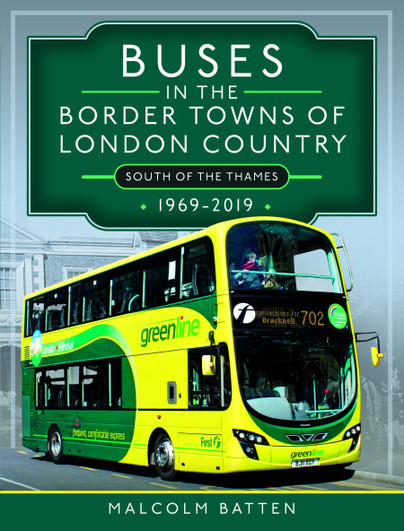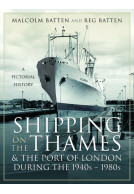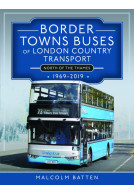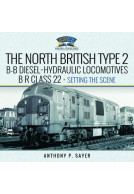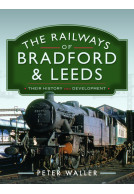Buses in the Border Towns of London Country 1969-2019 (South of the Thames) (ePub)
Imprint: Pen & Sword Transport
File Size: 203.6 MB (.epub)
ISBN: 9781399096225
Published: 28th February 2024
| Other formats available - Buy the Hardback and get the eBook for £1.99! | Price |
|---|---|
| Buses in the Border Towns of London… Hardback Add to Basket | £25.00 |
London Transport was created in 1933 with monopoly powers. Not only did it have exclusive rights to run bus (and tram and trolleybus) services in the Greater London area, it also ran services in a Country Area all around London. Green Line express services linked the country towns to London and in most cases across to other country towns the other side of the metropolis. This country area extended north as far as Hitchin, east to Brentwood, south to Crawley and west to Windsor.
But what of the towns at the edge of the country area? Here the green London Transport buses would meet the bus companies whose operations extended across the rest of the counties of Berkshire, Surrey, Kent etc. In some cases the town was at a node where more than one company worked in. Elsewhere, such as at Guildford there were local independent operators who had a share in the town services.
It would all change from 1970 when the London Transport Country Area was transferred to the National Bus Company to form a new company named London Country Bus Services. This would later be split into four separate companies. Deregulation in 1985 and privatisation in the 1990s led to further changes in the names and ownership of bus companies. Consolidation since then has seen the emergence of national bus groups – Stagecoach, First Group, Arriva and Go-Ahead replacing the old names and liveries. But retrenchment by these companies has given an opportunity for new independent companies to fill the gaps.
This book takes the form of an anti-clockwise tour around the perimeter of the London Country area, south of the Thames featuring a number of key towns starting at Slough and Windsor and ending at Gravesend, illustrating some of the many changes to bus companies that have occurred.
"Whether you are a nostalgic enthusiast who remembers those days and travelled with rover tickets and your Ian Allen bus spotter's book or you are interested in the numerous operators that now use an even larger variety of buses in and around London today, this book will be a welcome addition to your collection."
The Eltham Society Newletter no 237 (August 2024)
As featured in
London Transport Museum Friends Magazine - Spring 2024
As featured by
Buses Magazine - April 2024
About Malcolm Batten
Reg Batten was born in 1914 and lived in East London’s Dockland, where his father was a boilermaker working in the Royal Docks. With a lifetime interest in shipping, after retirement he spent much of 1976 to 1983 recording the scene around the Royal Docks and Tilbury as cargo handling methods changed and the docks adapted, until the final closure of the ‘Royals’.
His son, Malcolm Batten has inherited an interest in shipping and has had two books published about modern Thames shipping in the 21st Century.







